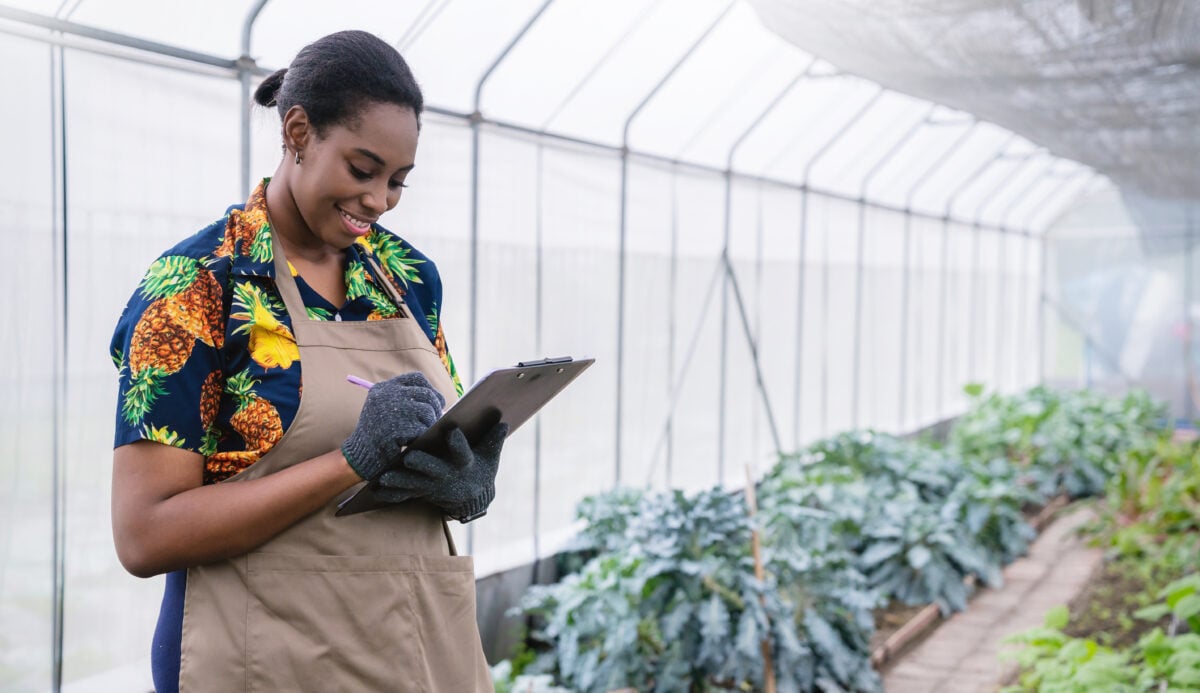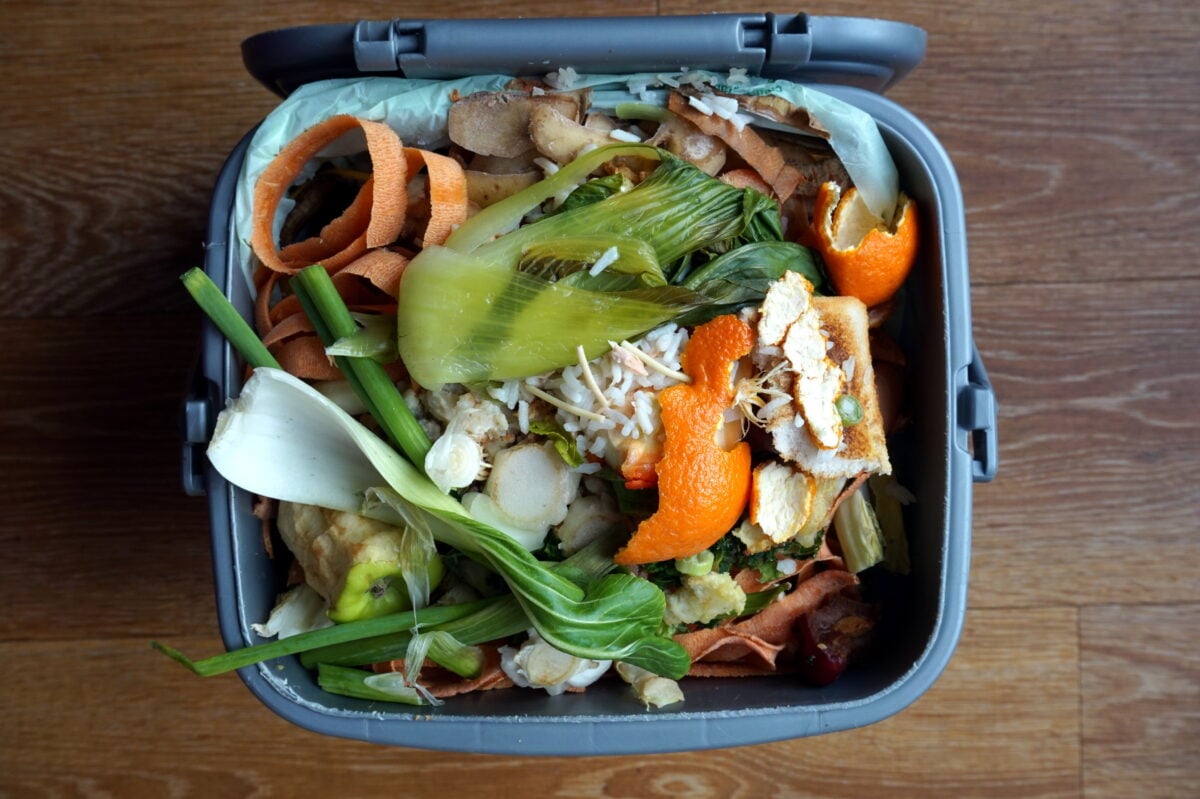A recent report shows that there is a 30 percent increase in food waste over the summer.
Read more: Tesco Now Tattoos Its Avocados To Save Plastic Waste
Impact technology company Divert Inc. recently reviewed its data from retail, food service, and other customers in the US between 2020 and 2023.
It found an average increase of 30 percent during July, August, and September compared to January, February, and March of the same calendar year.
“While wasted food is truly a year-round crisis, our data indicates that the summer months are the leading source of food waste throughout the year,” said Ryan Begin, CEO and co-founder of Divert, in a release published on BusinessWire.
“This increased volume stresses food donation networks since there is more perishable food to move, requiring backup infrastructure to be in place to accommodate these swings,” he added.
Divert founder says ‘We need real action’ to tackle food waste
In its report, Divert notes that extreme heat driven by the climate crisis “significantly increases” the margin of error for mishandling food. For example, the hotter it is outside, the less time retailers have to transport and store food safely before it spoils.
Another contributing factor is that consumer behavior changes in the summer months, with increased availability of high-quality produce at supermarkets coinciding with an uptick in business for restaurants and cafes. Grocery stores and eateries likely source additional food to meet predicted demand, but may struggle to gauge appropriate stock replenishment.
According to Divert, summer is also the peak season for both perishable food products and social gatherings like BBQs, the combination of which can lead to an overabundance of related food products in stores, over-purchasing by consumers, and increased waste.
Divert suggests data monitoring technologies could be better implemented to predict fluctuating consumer demand, alongside effective price reductions by supermarkets on soon-to-expire products, and improved relationships with food donation programs.
“Our findings demonstrate the importance of data in having visibility into this problem, but we must take it further to drive meaningful change,” explained Begin. “From here, we need real action and solution implementation with stakeholders across the industry – from consumers to retailers, food manufacturers to restaurants.”
Read more: Tinned ‘Fish’ Made From Vegetables Arrives At Whole Foods
The climate crisis, consumer habits, and industry behavior all contribute to food waste
According to the United Nations (UN) Food and Agriculture Organization (FAO), around one third of all produced food is either lost or wasted every year.
That’s 1.3 billion tons of food that could otherwise be used to feed the 2.83 billion people – approximately 35 percent of the global population – who can’t afford to eat a nutritious diet.
More than 44 million people in the US alone face hunger, including one out of every five children. But the US wastes more food than any other country at 60 million tons per year, or 30-40 percent of the total food supply.
Furthermore, around eight percent of the planet’s total greenhouse gas equivalent (GHGe) emissions come from food waste. This is because when wasted food goes to landfills rather than compost bins or dedicated food waste bins it produces methane, a potent GHG.
Finally, wasted food means that a considerable portion of the planetary resources used to maintain the current food system – land, water, minerals, air, and of course animals’ lives – were also wasted in its production.
How to mitigate global food waste
Despite pledges from the UN to cut global food waste in half by 2030, Boston Consulting Group (BCG) has predicted that annual wastage could potentially rise to 2.1 billion tons if left unchecked. Urgent action is undeniably needed to curb food waste for human health, planetary health, and a more equitable – and sustainable – global food system.
Here’s what needs to happen to make that change.
More efficient food production

Contemporary food policy is often driven by the idea that further intensification of food production is required to feed the growing population. However, according to analysis by Compassion In World Farming (CIWF), streamlining the global food system to make it more practical, accessible, equitable, and sustainable, would be a far more effective tactic.
A huge amount of crops and resources are given to farmed animals, which is regarded as hugely unsustainable. Studies have shown that, for every 100 calories fed to farmed animals, humans receive just 30 calories back in the forms of meat and dairy products. If the world switched to a plant-based diet, we would free up around 75 percent of agricultural land and make a far more efficient food system.
Optimize supply chains and inventory management
As noted by Divert, improvements to storage, transportation, and overall supply chain efficiency could significantly reduce the rate of spoilage post-harvest. For example, improving logistics management or enhancing cold storage facilities could keep fresh produce and other environment-sensitive foods fresher for longer while still in transit.
Meanwhile, incorporating better inventory management – both in the form of data analysis to predict demand and reduced prices for short-dated stock – would help to cut down on food waste in stores and restaurants. This could be effectively paired with government enhancements to food donation programs to support better distribution and access.
Cut back on food waste at home
The UK’s Waste and Resources Action Programme (WRAP) estimates that around 70 percent of food waste happens at a household level compared to 16 percent from manufacturers, 12 percent from hospitality, and just two percent at retail.
That means that while minimizing food waste requires extensive work at a governmental, industrial, and commercial level – both nationally and internationally – there is still a great deal people can do in their daily lives to cut back on domestic food waste.
1. Effective meal planning
Effective meal planning can help support a nutritious) diet with minimal waste by adding structure to the weekly shop, aiding preparation, and promoting creative use of existing leftovers for options later in the week. (Try adding cooked veg to your go-to stir-fry.)
2. Improve your home storage
You can also get familiar with “best before” vs “use by” dates, the former of which is a guide to optimal freshness while the latter can indicate spoilage. Storing foods appropriately can also keep them fresh much longer. For example, greens are best stored loosely in the fridge and garlic should be kept in the dark, if possible.
3. Keep food waste out of landfills

Finally, if you do need to discard food that has spoiled, ensure you keep it out of landfills wherever possible. If your local government does not provide food waste collection, starting a small compost bin is an effective means of disposal for household scraps and can help facilitate nutrient-rich soil for gardening.
Read more: Celebrity Chef Supreme Dow Serves 1,000 Vegan Community Meals, Sets Guinness World Record






